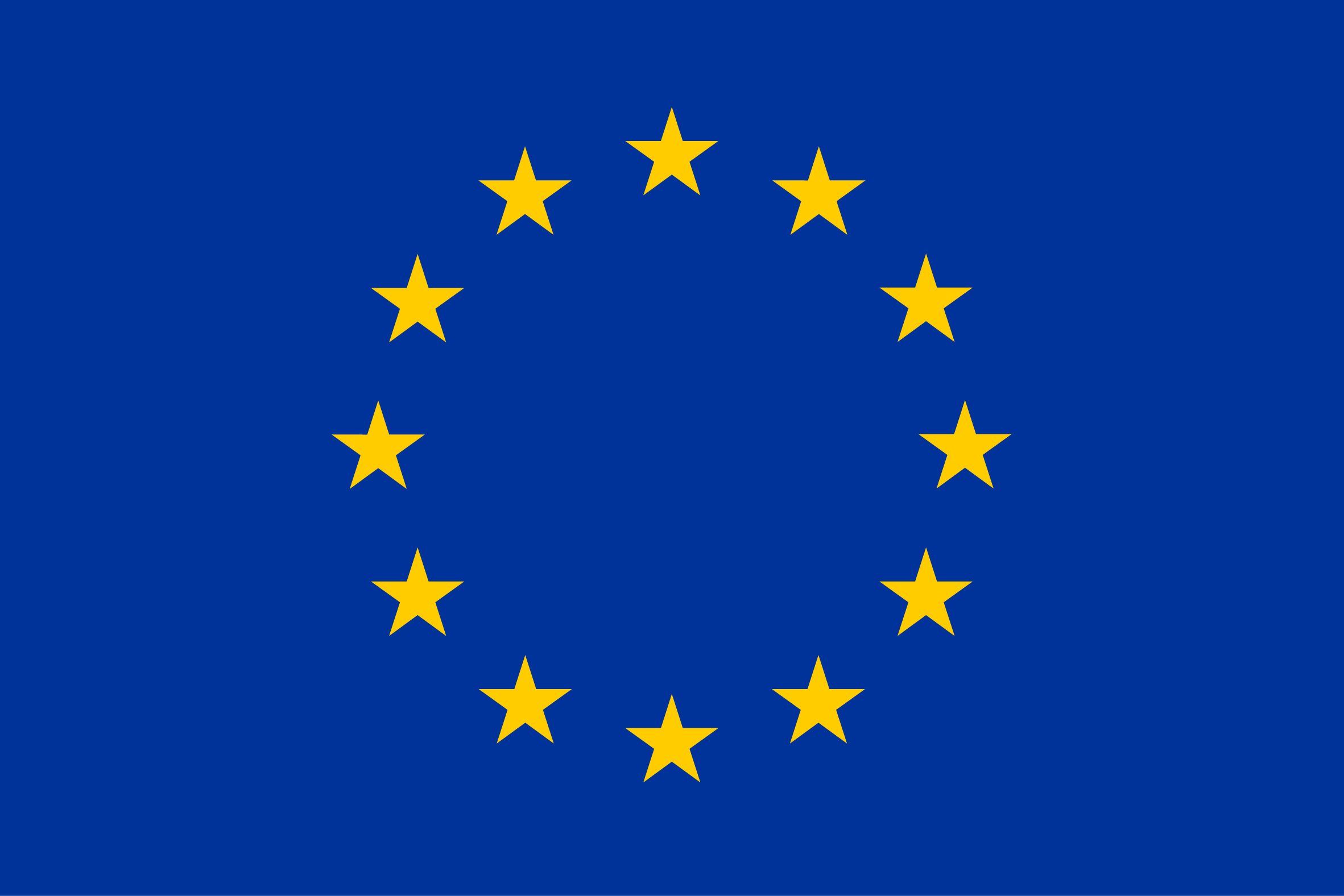Pilot project
Enhancing access & innovation to medical products in developing countries
Pilot project overview
The overall objective of this pilot project is to improve access to essential medicines and tackle neglected tropical diseases in endemic areas. The project is part of the response to the Global Strategy and Plan of Action for Public Health, Innovation and Intellectual Property (GSPA).
The specific objective is to develop tools and resources to guide global, regional and national priority setting for health research and development (R&D) and relevant tools to facilitate access to medical products for diseases that are predominantly or exclusively prevalent in low- and middle-income countries, and for other neglected areas of health R&D.
The pilot project consists of four strategically selected specific objectives and builds on existing work in these four areas:
- Area 1. Global Observatory on Health Research and Development
- Area 2. Regional Platform on Innovation and Access
- Area 3. Application and Management of Intellectual Property
- Area 4. Technology Transfer and Local Production

Area 1. Global observatory on health research and development
The Global Observatory on Health Research and Development (the ‘Observatory’) is an initiative that aims to identify health R&D priorities based on public health needs. It does this by consolidating, monitoring and analysing relevant information on the health R&D needs of developing countries; building on existing data collection mechanisms; and supporting coordinated actions on health R&D.
Pilot project activities:
- implement, expand and improve the online platform of the Observatory
- develop the first Health R&D report of the Observatory
- ensure adequate expert input into the Observatory’s technical areas of work and management
Area 2. Regional platform on innovation and access
This work area aims to customize a “Global Platform on Innovation and Access” (the ‘Platform’) to South-East Asian regional needs for promoting cooperation among Member States to address the complexity of medical products (pharmaceuticals, biologicals, vaccines, diagnostics and medical devices) in countries with limited resources. The platform will provide a timely and efficient mechanism for cooperation between national stakeholders, including regulatory authorities, by providing information exchange on matters related to policy, standards, procedures, processes and products.
Pilot project activities:
- adapt the global platform to regional needs to promote reliance and cooperation among Member States for access to medical products and address their complexity
- develop the prototype (beta version) of the regional platform
- conduct a regional workshop with stakeholders and national governments to develop mechanisms that are effective and allow populating the platform’s database
Area 3. Application and management of intellectual property
The impact of intellectual property protection on access to medicines, and, in particular, the impact of the Agreement on Trade-Related Aspects of Intellectual Property Rights (TRIPS) and regional free trade agreements, has been one of the most debated topics in global health for a number of years. The GSPA-PHI, along with other relevant resolutions, constitutes the basic mandate for WHO’s work in the area of intellectual property. To increase policy coherence and collaboration in the interface of public health, trade and intellectual property policies, WHO has intensified its collaboration with the World Intellectual Property Organization (WIPO) and the World Trade Organization (WTO).
Pilot Project Activities:
- convene a global dialogue among relevant stakeholders to explore strategies for establishing fair prices for essential medicines (Fair Pricing Forum)
- capacity-building on issues at the intersection of trade, intellectual property and public health by producing a second revised edition of the WHO, WIPO, WTO study on Promoting Access to Medical Technologies and Innovation
- organization of an annual one-day trilateral symposium on access to medical products and innovation
- organization of regional workshop/consultation and support ministries of health and relevant stakeholders in the elaboration of national action plans on how to move towards achievement of global/regional goals for hepatitis B and C diagnosis and treatment
Area 4. Technology transfer and local production
Of the 17 diseases on the WHO list of neglected tropical diseases, the only one for which there is an approved vaccine is rabies. However, access to this vaccine is limited, both due to limited production capacity globally, and to its high price (US$ 50 per treatment). In addition to receiving several doses of rabies vaccine following a bite from a potentially rabid animal, patients are supposed to receive rabies immunoglobulin (RIG) which significantly increases the survival rate. RIG is derived from the blood plasma of horses (ERIG) or humans (HRIG) who have been hyper-immunized by rabies vaccine and both types are in short supply globally. Access to HRIG is even more limited due to its high price (ranging from US$ 250 to as much as US$ 1500) and is simply not available in many countries. Despite the existence of an effective post-exposure prophylaxis, rabies continues to kill over 50 000 people annually. This work area aims to contribute to increasing access to safe and effective vaccines against rabies as well as to rabies immunoglobulin.
Pilot project activities:
- technology transfer of rabies monoclonal antibody production
- transfer of technology for the production of rabies vaccine in Africa
More information on technology transfer and local production
